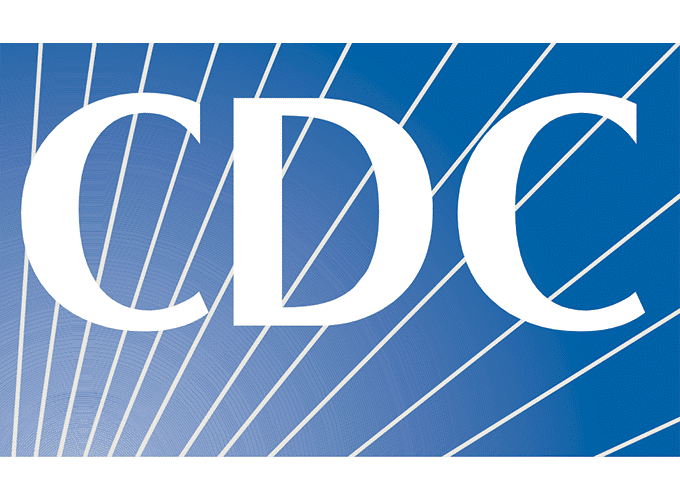 Mar 31, 2023
Mar 31, 20232022 NCCHC Committee on Systemic Racism Open Forums: Initial Findings
The United States criminal justice system is built upon racial inequality, and this reality has historically caused, and presently causes, harm to individuals and communities of color. As such, racism, in various forms, systemically permeates health care delivery systems within correctional institutions. To overcome these deeply embedded inequalities, health care systems must be informed and prepared to identify and address policies, procedures, or practices that support, uphold, or extend these inequalities to ensure that health care is delivered in a racially equitable manner. The mission of NCCHC’s Committee on Systemic Racism is to guide the field toward eradicating systemic racism in health care through clinical, education, research, advocacy and policy and practice improvement.
To begin this work, the Committee set off to identify themes and issues regarding systemic racism in correctional health care and where intervention may be most useful by hosting a series of open forums at the 2022 NCCHC Spring and Fall conferences. Themes that came up repeatedly and drew support from participants are detailed below:
- Data: The need for data collection and analysis that includes demographic information on race and ethnicity was repeated throughout these sessions. Observational evidence from respondents indicates that treatment, whether regarding physical or mental health diagnoses or incidents of restrictive housing, differ by race and ethnicity, and research supports these observations.1,2 Further, qualitative data collection will be crucial in understanding lived experiences from custody staff, health care staff, and patients. Ensuring that intake screening is a mechanism for collecting valid and useful data is essential. The Committee is exploring tools that will help the field in such data collection and reporting efforts.
Participants further discussed the need for formal reporting mechanisms that enable staff and patients to report racist and hate-driven events within facilities. Specific guidance for facilities on handling such reports will be necessary to guide facilities in ensuring a culturally competent and anti-racist response.
- Reentry: The reality is that Black, Indigenous, and Hispanic individuals are incarcerated at disproportionately higher rates than white individuals. Upon returning to the community, many are faced with difficult choices and few options. Continuity of care is essential for physical and mental health and for effectively treating substance use disorders and preventing overdose deaths. The Social Determinants of Health (SDOH) provide a useful framework to guide discharge planning and reentry initiatives. Community infrastructure, as it relates to physical and mental health and SDOH, needs to be strengthened, but the gap between incarceration and the community can be lessened through reentry planning and community partnerships.
- Staff Experiencing Racism: Participants reported that staff and patients alike experience racism. Taking steps to ensure that staff reflect the patient population was brought up repeatedly, in addition to intentionally ensuring and maintaining diverse leadership. To work towards an anti-racist environment for both patients and staff, the lived experiences of staff is a crucial component in understanding racism in correctional health care environments. The Committee plans to provide opportunities to explore these experiences.
- Unconscious Bias: We all have biases. Someone consciously or unconsciously acting on these biases is when harm is inflicted. Participants reported the need for unconscious bias training and evaluation of any training to ensure long-term effectiveness. Urging people to recognize, challenge themselves, and not act on their biases is more realistic than eradicating all biases.
As co-chairs of this essential committee, we look forward to continued dialogue with the field on what is needed to achieve a racially equitable correctional health care system and working with this committee to provide necessary resources. We will be holding a third open forum at the 2023 NCCHC Spring conference in New Orleans and encourage you to attend. There is much work to be done!
NEW! The committee is hosting a free webinar on May 17, Lived Experience: The Need for Anti-Racism Work in Correctional Health Care.
By Committee Chairs: Joel Andrade, PhD, LICSW, CCHP-MH, Falcon Inc., and Mary Muse, MSN, RN, CCHP-RN, CCHP-A, Wisconsin Department of Corrections
- Tasca, M., & Turanovic, J. (2018). Examining Race and Gender Disparities in Restrictive Housing Placement. National Institute of Justice. Retrieved February 27, 2023 from https://www.ojp.gov/pdffiles1/nij/grants/252062.pdf
- Schwartz, R. C., & Blankenship, D. M. (2014). Racial disparities in psychotic disorder diagnosis: A review of empirical literature. World journal of psychiatry, 4(4), 133–140. https://doi.org/10.5498/wjp.v4.i4.133

 Mar 31, 2023
Mar 31, 2023

